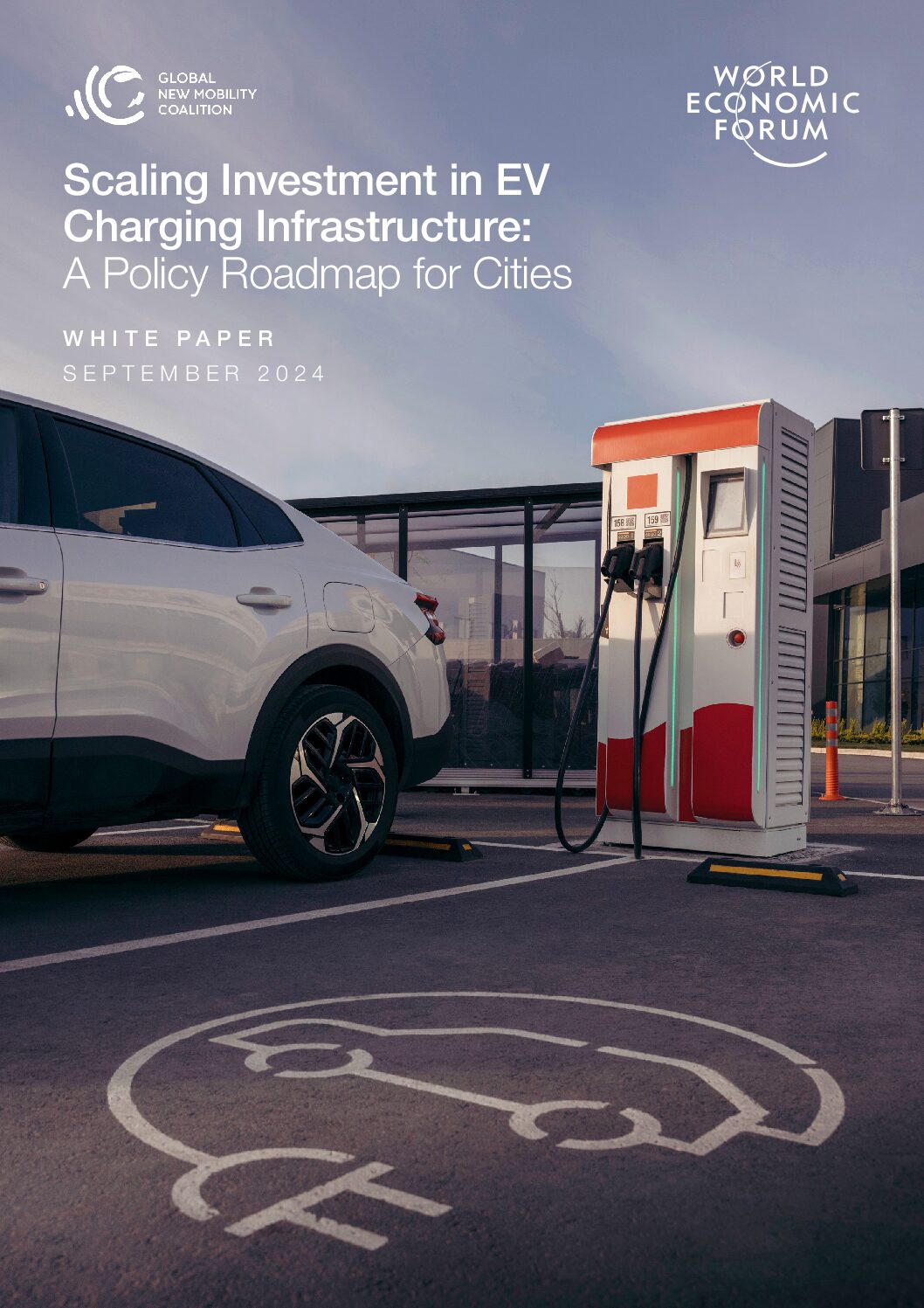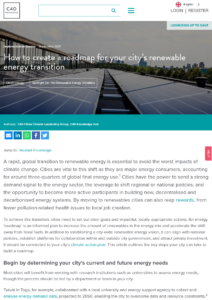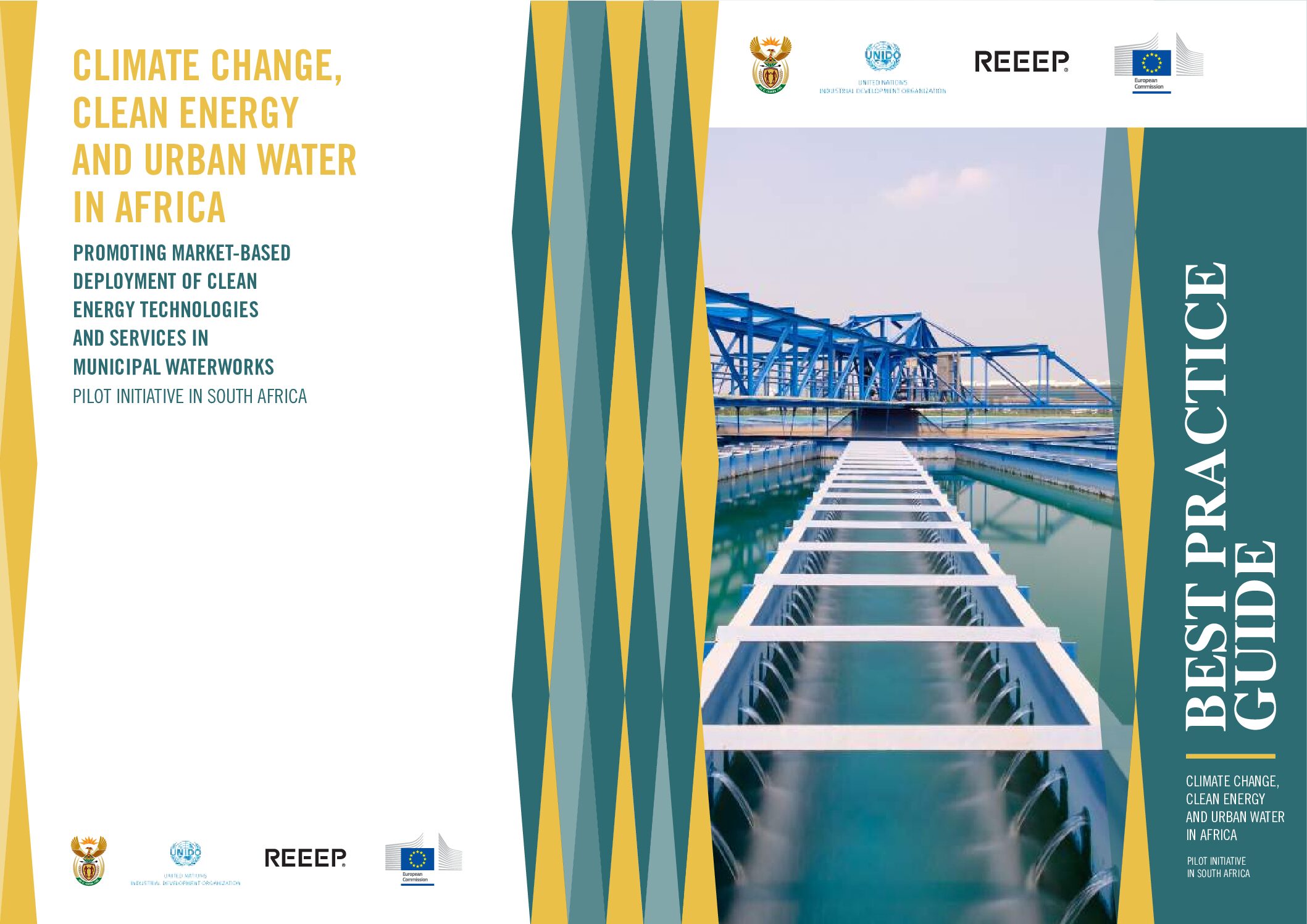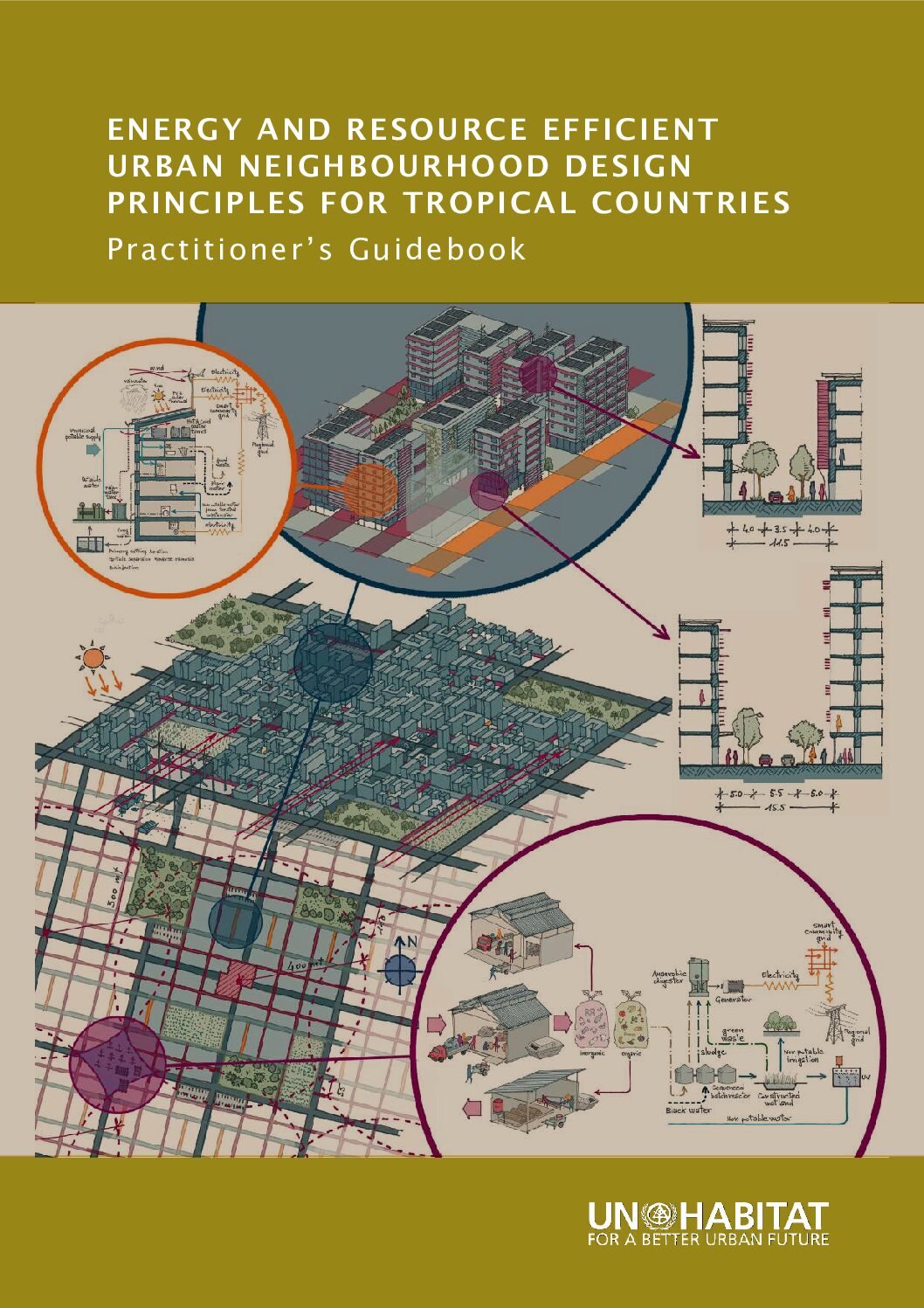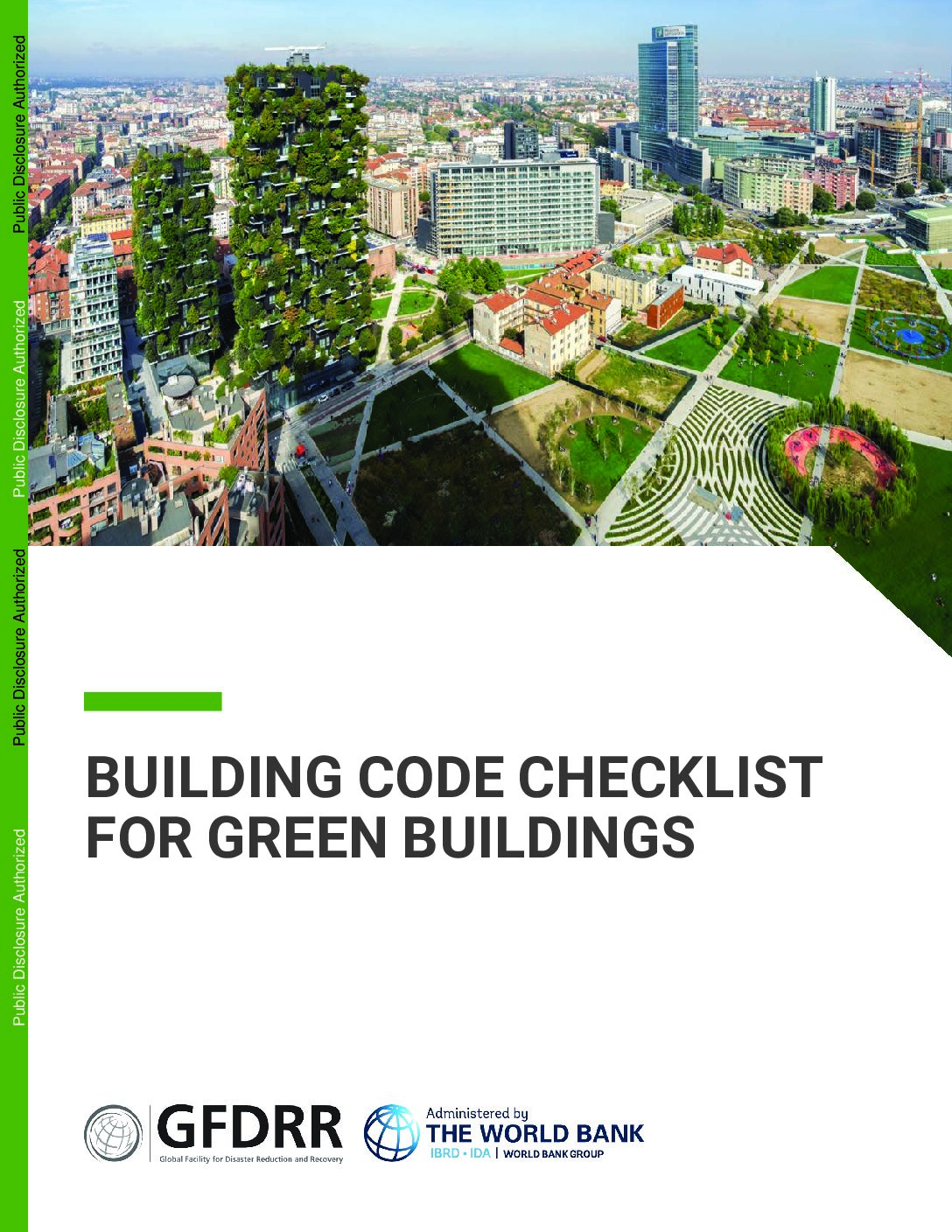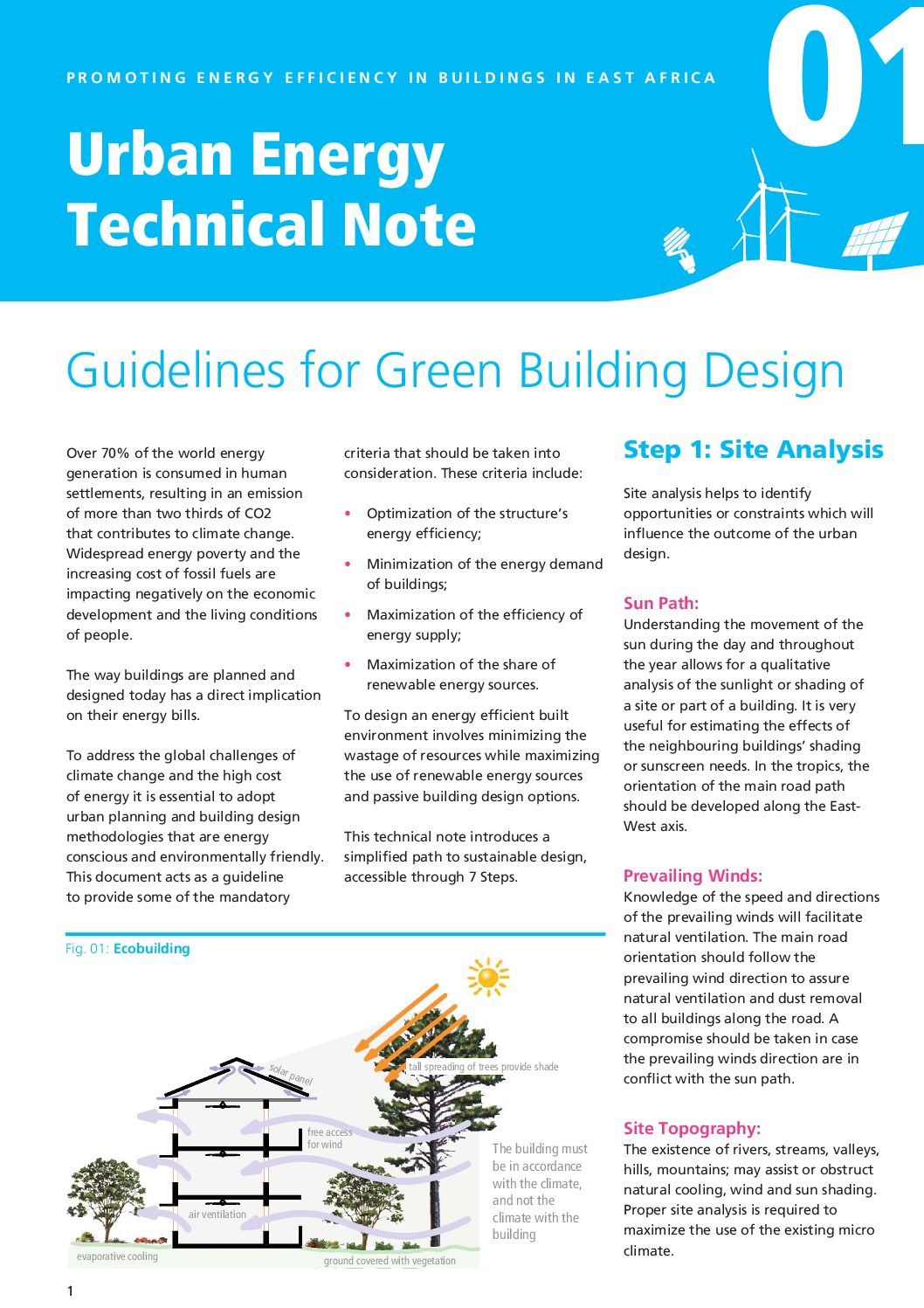This toolkit serves as a one-stop-shop to support local and regional governments to identify, design and implement renewable energy projects in public-private partnerships. It provides practical advice on: 1) the decision-making process that leads to establishment of a PPP 2) division of tasks, goals and risk management between the partners engaged in the PPP, as […]
This report by the C40 Cities Climate Leadership Group provides an overview of actions city governments can take to develop an enabling environment for the expansion of EV charging infrastructure, including by working with the private sector and attracting outside investment.
This brochure provides step-by-step instructions for walk-through energy audits, focusing on heating, lighting, and bills and meter readings in offices and factories or warehouses.
This guide explains how cities can develop energy transition roadmaps that can create platforms for collaboration with other stakeholders and attract investment.
This step-by-step guide suggests the key elements that municipal officials need to consider to implement clean energy/energy efficiency projects in waterworks or other municipal operations. It provides information on developing strategies, formulating plans, providing adequate capacity and mobilising resources for successful origination and implementation of a project.
This guide suggests tools cities can deploy to encourage the implementation of building energy efficiency and renewable energy measures by the private sector and citizens.
This guidebook helps practitioners adopt a holistic approach to sustainable neighbourhood design, integrating the design of efficient energy, water, wastewater and solid waste systems, and low energy mobility.
This report helps policymakers develop building codes and regulations that promote the construction of green buildings.
This technical note introduces a simplified path to sustainable design in seven steps: site analysis, site plan, building design, energy, water, solid waste and agriculture.
Designing for energy efficiency reduces the overall demand for resources to generate energy. This checklist will help to identify key design issues that will demonstrate whether the proposed design will be energy efficient.


